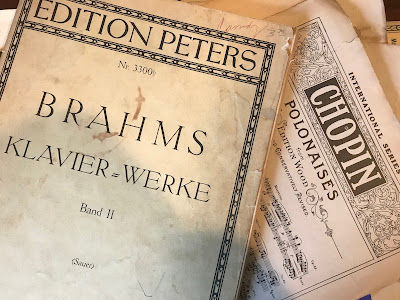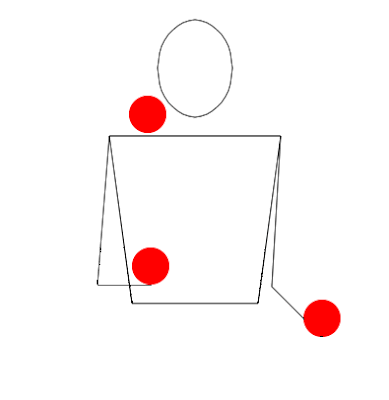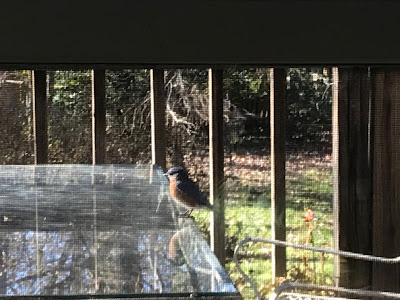Over the weekend I read an essay about the power of literary analysis in the college classroom — and, because of the unique times in which we live — also not in the college classroom. Apart from the many excellent points made about education in the humanities — the lessons of the great books have never mattered more, the ability to think and analyze is prized in the workplace — the author, Carlo Rotella, made one that brought a crucial point to mind.
While teaching via Zoom, Rotella said, he realized how much he uses visual cues in his class, figuring out who he should call on, who’s getting a concept and who is not. I ran this through my own, English-major memory, and sure enough, the same seems true from the student’s point of view.
What I remember most about college literature classes is not just the ideas that seemed to be exploding in my brain as we discussed The Magic Mountain or The Brothers Karamazov, but the visual impressions my teachers left as well.
I recall in particular my favorite college professor, Dr. Ferguson, who would curl himself around the podium when he lectured, one knee on the desk, one foot on the floor, while stork-like, he led us through the great books. It’s not that I don’t recall the ideas themselves — I think about them all the time — but until I read this essay I wasn’t aware of how closely they are linked to the physical peculiarities of the professors who introduced them to me.
This essay triggered a dialogue in my brain, a conversation between the author and me, and the part that I supplied surprised me — as it should, when the “conversations” are deep and good.









